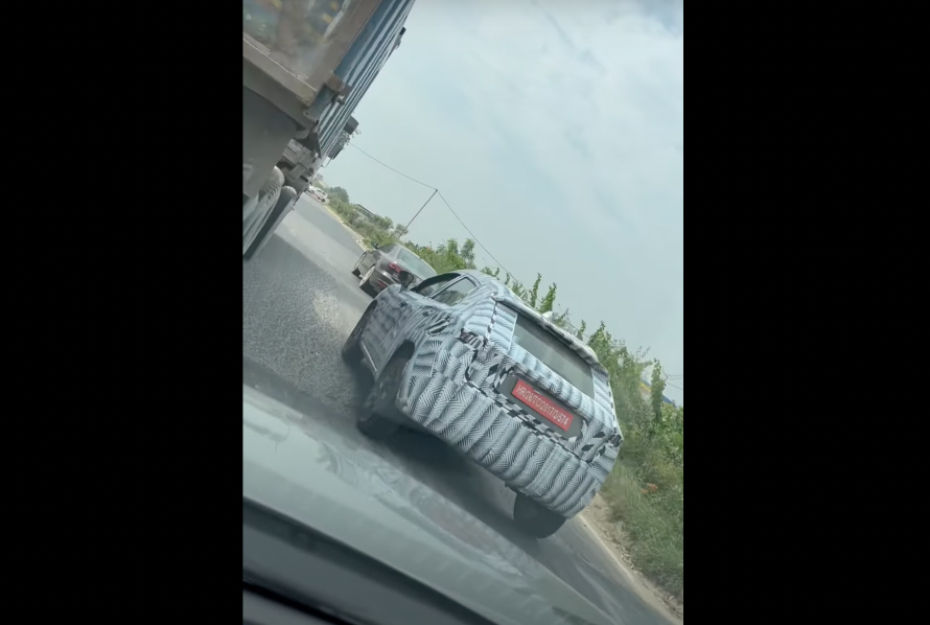Return Of Odd-Even Scheme In November 2019: Will It Help Fight Pollution In Delhi?
Published On Sep 15, 2019 02:00 PM By Sonny
- Write a comment
Not everyone is convinced that this road rationing measure is actually effective in fighting air pollution

The battle against rising air pollution in Delhi continues and much of the public blame tends to fall on the high number of vehicles plying the capital’s roads everyday. In an attempt to help matters, Delhi Chief Minister Arvind Kejriwal has now announced that the odd-even vehicle rationing scheme will be returning for two weeks in November (4-15 Nov’19).
The odd-even scheme allows only those vehicles whose registration numbers end in an odd number to be used on odd dates such as 1,3,5,7 and so on. Similarly, for even dates such as 2,4,6,8 and so on, only vehicles whose registration numbers end in an even number would be allowed on public roads. It was first introduced in January 2016 and then again in April 2016.
Back then, the list of those exempt from having to follow this rule were:
-
Two-wheelers
-
CNG vehicles, hybrid and electric vehicles
-
Women-only vehicles
-
Emergency vehicles
-
VIPs, politicians, Supreme Court judges and defense vehicles
-
Single-women drivers and women drivers ferrying children under the age of 13
Those who did not follow these rules were fined Rs 2,000. However, the list of exempt vehicles for this upcoming implementation is not yet confirmed, and if unchanged will likely offer similar results.
There are divided opinions on the odd-even scheme being an effective measure against air pollution levels and not just a political stunt.
Experts have crunched the numbers and stated that for it to truly make an impact, there would need to be much fewer exemptions. Researchers at IIT Delhi conducted their own study around the matter and revealed that the pollution levels in Delhi during this exercise only dropped by 2-3 per cent.
Also, additional public transport was deployed during this time to make it viable for people to commute without as many cars. Of course, not much went to plan and many studies were made to figure out what went wrong and how to resolve the original problem of dangerously polluted air in Delhi during the winter months.
Since 2016, whenever Delhi’s air quality reaches its most alarming levels, the authorities have tried to respond by imposing penalties on burning rubbish, temporarily shutting down industrial units and power plants in the vicinity, halting construction work and even stopping entry of trucks into Delhi. However, a detailed analysis into the effectiveness of these measures is yet to be shared.
On its surface, the third iteration of the odd-even scheme seems to incorporate lessons learned from previous failings. The timing during which it will be implemented, 4th to 15th November, has been selected in coordination with various factors to not only make it more effective but to also try and measure its effectiveness with fewer variables.
According to reports, these dates match the time of the year when crop-burning takes place in Delhi’s neighbouring states. It is after the festival of Diwali that the air quality tends to worsen significantly, even with the ban on firecrackers. Long term measures for battling the high number of personal vehicles include addition of thousands of buses, a 1000 of them electric, to ply on the busiest routes. It remains to be seen how Delhi commuters will be inconvenienced for final point of transport during the odd-even scheme.
The Delhi CM also announced additional measures to help battle air pollution, including extra steps to be carried out in 12 particular areas of the city where the pollution levels have been observed to be particularly high.
However, the odd-even scheme would still need further approvals from other governing bodies, like the National Green Tribunal, to be implemented. Even though it is not a given that the odd-even measure will return, it seems likely to.
It will also be interesting to see how the return of the odd-even scheme will affect the automotive industry which is already undergoing a large downturn. Will people buy more second cars with odd/even number plates? Will people opt for the hybrid/EV option? Or will people stave off their car purchase yet again?
Also read: Top 8 Reasons Behind Automotive Industry Slowdown In 2019















